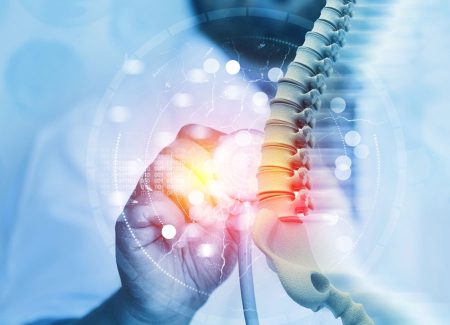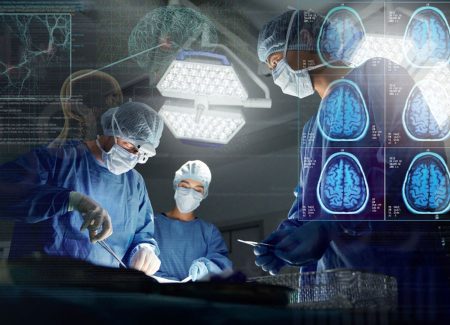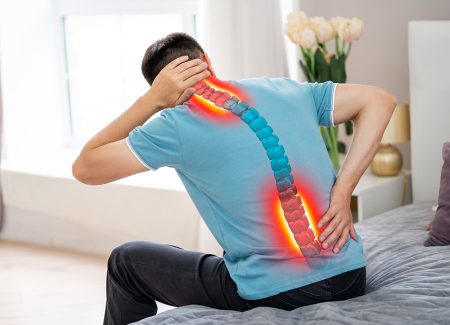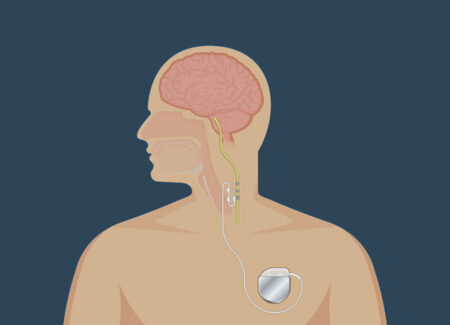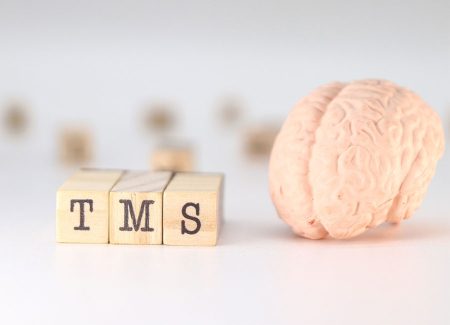
Transcranial Magnetic Stimulation (TMS) is a treatment method used to alter electrical activity in the brain. It stimulates nerve cells using magnetic fields and can be used in the treatment of various psychiatric and neurological disorders. In this content, we will answer questions about what TMS therapy is, its applications, how it works, its risks, and side effects.
What is TMS Therapy?
Transcranial Magnetic Stimulation (TMS) is a non-invasive treatment method that can modulate brain functions, particularly used in the treatment of depression. This method delivers brief magnetic pulses to targeted areas of the brain through an electromagnetic coil placed on the scalp. This magnetic field induces electrical changes in brain cells, regulating neuronal activity.
How Does TMS Therapy Work?
TMS triggers depolarization and repolarization of neurons in the treated area by delivering magnetic pulses. In the treatment of depression, it particularly focuses on the dorsolateral region of the brain’s prefrontal cortex, which is associated with mood regulation and shows reduced activity in depression.
Applications
TMS is used in the treatment of various neuropsychiatric and neurological conditions:
- Major Depressive Disorder
- Anxiety Disorders
- Obsessive-Compulsive Disorder (OCD)
- Post-Traumatic Stress Disorder (PTSD)
- Schizophrenia (especially reducing hallucinations)
- Parkinson’s Disease
- Stroke Rehabilitation
- Migraine
- Substance and Drug Addiction
- Tinnitus
- Dementia
Treatment Protocol
TMS therapy is typically administered in protocols comprising 10-20 sessions, usually 5-6 days per week. Each session lasts about 20-40 minutes. The duration and frequency of treatment are adjusted based on the patient’s condition and response to therapy.
Side Effects and Risks
TMS therapy is generally considered safe, but some side effects may occur:
- Headache
- Discomfort at the application site
- Dizziness
- Mild pain or burning sensation on the scalp
- Rarely, seizures
TMS may not be suitable for patients with implanted electronic medical devices and requires special precautions for individuals with a history of epilepsy.
Effectiveness
Clinical studies have shown that TMS is effective, especially in cases of depression that do not respond to medication. This treatment can significantly reduce depression symptoms or, in some cases, eliminate them entirely.
Transcranial Magnetic Stimulation (TMS) is a promising treatment method for various brain function disorders and psychiatric conditions. Its non-invasive nature, minimal side effects, and alternative to medication make TMS particularly attractive. Patients and healthcare professionals should carefully evaluate the potential benefits and limitations of TMS. The treatment process should be optimized with detailed medical evaluations and appropriate patient selection, considering the patient’s current health status and potential interactions with other treatment methods.


